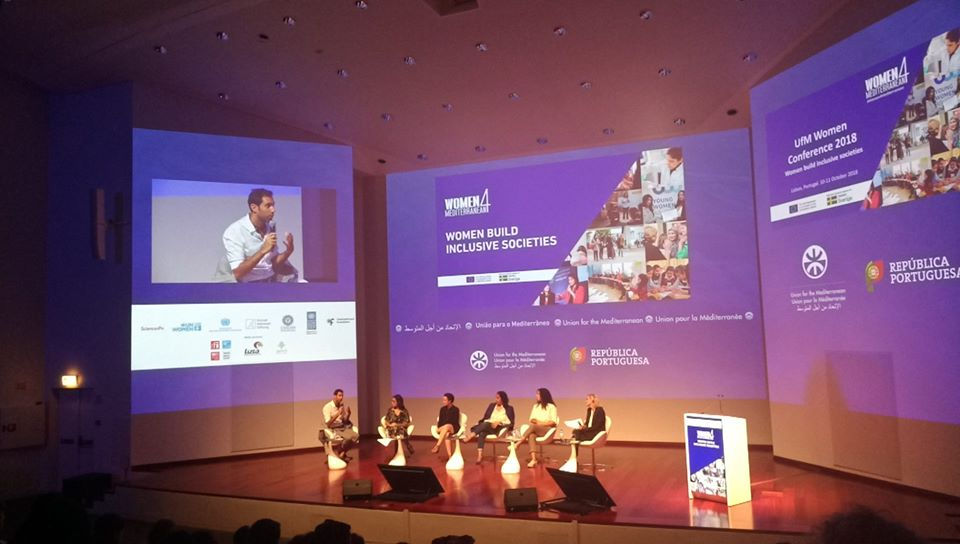Delivered at the UFM conference "Women built inclusive societies" in the panel about 'women empowerment' (Lisbon, Oct 2018)

In order to speak about the role of schools regarding 'women empowerment' and inclusive societies, I must first address the general issues of inclusiveness and power.
When I think of empowering, I tend to think of the ammunition race for nuclear weapon. I know it may sound strange, but it is true. We understand how destructive and dangerous the use of this weapon might be and hence we do not seek equal access to nuclear power to all. We aim to reduce the amount of nuclear power in the world, or at least we understand it is the responsible thing to do.
I look at power in our world, and in our educational systems, in the same way. We accessibly use power to a level it has become harmful and destructive. In order to create a better world, a more inclusive world, for women and all, we must aim for dis-empowerment.
Let me take you, for a minute, away from the topic of women and give an example from my school, an example that might help you understand the concept of dis-empowerment. As been said, my school is located in a conflict zone and aims to deal with peace and conflict by bringing Israelis, Palestinians and other students from the region and the world. We deal a lot with conflictual issues and you can only assume how tense it may be. I am often being asked how do I empower the sides in this process. The answer is that I do not. I do not believe that my job is to add power, but rather to dismantle it. My main task is to create an atmosphere and find methods that won't focus on power. We try to focus on understanding, on listening, on empathy, on dialog. It is extremely complicated, and doesn't always work, but it is possible.
This environment, in my view, works best for female students. They are much better in and feel more confident with interactions which demands less power.
While it is important to empower young women to stand for themselves, be confident and not easily discouraged, it is more important to work on dis-empowerment in the system. Though it is vital to prepare women to deal with the current system, it is crucial to let women teach us how to change the system. It shouldn't be an imitation game of men in the system, it should be a process of changing the game. Men should be dis-empowered and can even enjoy dis-empowerment by letting go of the endless urge to show power, by embracing vulnerability and making room for some more "feminine" attributes.
It is our duty to change schools towards using less power as a whole. Being at school demands a performance of much power from students on a daily basis. You need to fight for attention, fight to speak up and be heard, to compete all the time. We are not tolerant towards weakness and we don't accept failures and hardship. This is a destructive atmosphere for all, but mostly for women.
We can dis-empower the system. We can focus more on dialog, on collaboration, on soft skills, on understanding. We can embrace weakness and nurture softness. That will require different approaches and new methods. It will promote women greatly, but mostly it will help all of us, because we all need a world with less focus on power. We have the ability to change it, we can change it. It is a lot of hard work, it demands a lot of creativity, but it can be done.
Comments